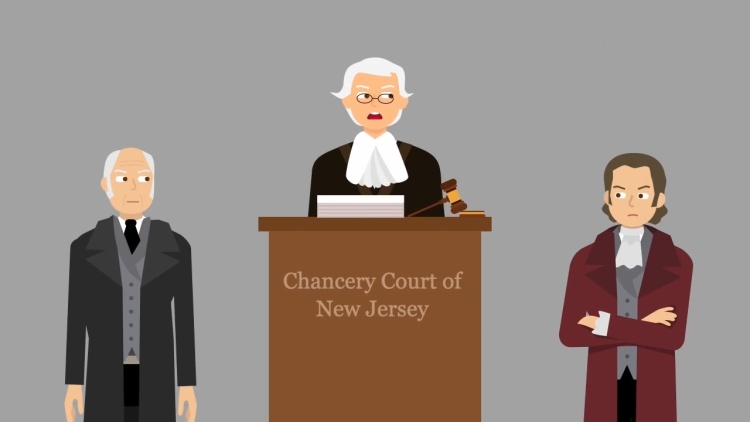McCulloch v. Maryland
United States Supreme Court
4 L. Ed. 579, 17 U.S. (4 Wheat.) 316 (1819)
- Written by Megan Petersen, JD
Facts
In 1816, Congress passed an act that incorporated the Bank of the United States. In 1817, the Bank of the United States opened up a branch in the state of Maryland (plaintiff). In 1818, the Maryland state legislature passed an act to impose a tax on all out-of-state banks operating in the state of Maryland. Although the act was general in nature, the Bank of the United States was the only such bank in Maryland at that time and was thus the only establishment affected by the tax. James McCulloch (defendant), head of the Maryland branch of the Bank of the United States, refused to pay the tax. This lawsuit ensued, and the case was appealed to the Maryland Court of Appeals. The court of appeals upheld Maryland’s argument that because the Constitution was specifically silent on the subject of whether the United States government could charter a bank, the Bank of the United States was unconstitutional. The case was then appealed to the United States Supreme Court.
Rule of Law
Issue
Holding and Reasoning (Marshall, C.J.)
What to do next…
Here's why 909,000 law students have relied on our case briefs:
- Written by law professors and practitioners, not other law students. 47,100 briefs, keyed to 997 casebooks. Top-notch customer support.
- The right amount of information, includes the facts, issues, rule of law, holding and reasoning, and any concurrences and dissents.
- Access in your classes, works on your mobile and tablet. Massive library of related video lessons and high quality multiple-choice questions.
- Easy to use, uniform format for every case brief. Written in plain English, not in legalese. Our briefs summarize and simplify; they don’t just repeat the court’s language.





